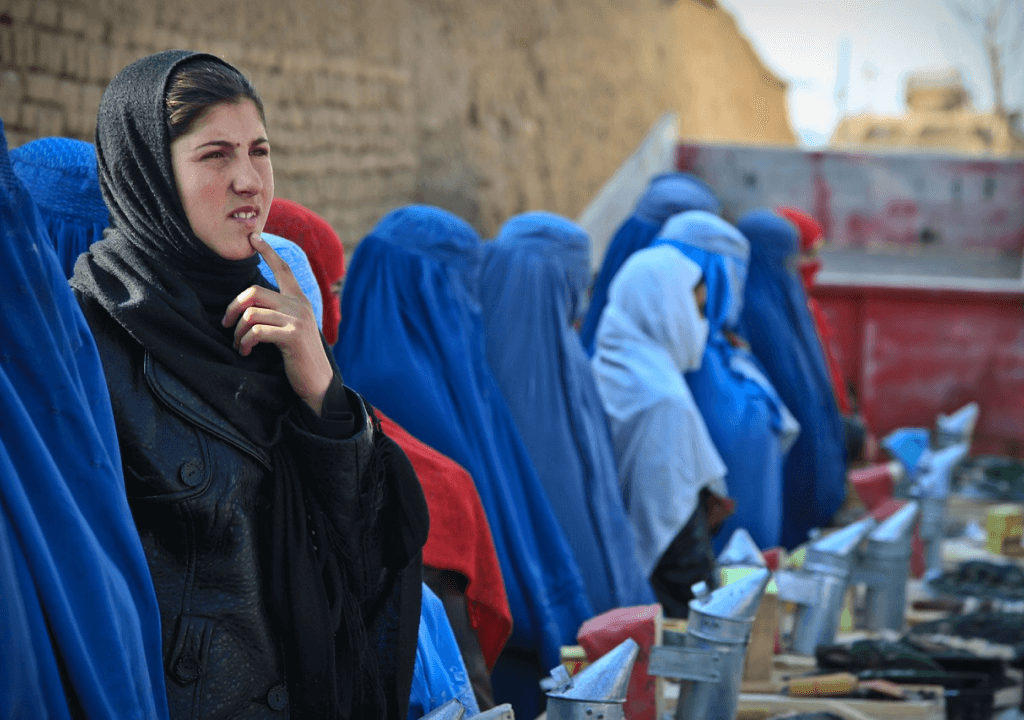The relationship between Pakistan, an Islamic republic, and Afghanistan, an Islamic emirate, is deteriorating, particularly as Kabul strengthens its ties with India—Islamabad’s longtime adversary. However, India is only one of Pakistan’s growing concerns. Rising tensions with Afghanistan are compounded by broader security fears, including the large number of Afghan refugees and growing unease over its own Pashtun population, who share deep ethnic and cultural ties with Afghans.
Islamabad fears that the Baloch nationalist movement could trigger unrest in Khyber Pakhtunkhwa, a Pashtun-majority region where resentment toward increasing Punjabi dominance in the government is already evident. If Islamist movements in the region gain momentum, factions within Khyber Pakhtunkhwa could align with Afghanistan, posing a serious threat to Pakistan’s territorial integrity. Authorities also worry that Afghan refugees in the country, many living in poor conditions, could be easily exploited by these factions.
As tensions between the two countries escalate, Pakistan has intensified its deportation of Afghan refugees, many of whom originally sought asylum during the U.S.-Taliban conflict. Thousands are being forced across the border in what Islamabad claims is a security measure. However, this crackdown has triggered a severe humanitarian crisis. While some deportees may be vulnerable to recruitment by the Taliban or other Islamist groups, many had fled Afghanistan to escape Taliban persecution due to their associations with the U.S. or the former Western-backed Afghan government. Their forced return now places them at grave risk of retribution, including trials and executions under the Taliban’s strict interpretation of Islamic law.
Refugees whose life under threat
In 2023, Pakistan launched a large-scale effort to repatriate nearly four million Afghans who had entered the country over the past four decades. While authorities initially allowed some flexibility, the government has now set a firm deadline of March 31 to expel all undocumented foreign nationals, with search operations intensifying since January.
Since the beginning of the year, authorities have detained over 1,000 Afghans in Islamabad and forced more than 18,000 to leave the capital and its neighboring city under government orders. Among them are individuals who worked with the U.S. against the Taliban, some of whom were awaiting evacuation to America. Their relocation was halted after former President Donald Trump issued an executive order suspending the refugee resettlement program.
Today, nearly 20,000 Afghans in Pakistan remain in limbo, waiting for U.S. approval to resettle. For many, returning to Afghanistan is a life-threatening prospect. Forcibly sending them back is akin to sentencing some to death.
The Politics Behind Refugee Expulsions
A stronger alliance between India and Afghanistan could further escalate Pakistan’s already deteriorating political climate. Beyond the risk of instability in Khyber Pakhtunkhwa, Islamabad fears that anti-government factions could gain support from the Taliban to establish an Islamic emirate—one that is even more hardline than Pakistan’s Islamic republic and does not recognize its current leadership as truly Islamic. Additionally, Pakistan has long been a hub for militant training, attracting jihadists from around the world. Many of these fighters, Islamabad worries, could easily be mobilized by Afghanistan as well.
Pakistan holds the Taliban-led government responsible for failing to rein in the Tehreek-e-Taliban Pakistan (TTP), a militant group that has repeatedly targeted Pakistani security forces since its formation in 2007.
As cross-border tensions escalate, reports of intimidation and mass arrests of Afghan refugees in Pakistan have drawn international criticism. The UN special rapporteur has urged Islamabad to treat Afghan nationals more humanely, while Pakistan has dismissed allegations of mistreatment as “misplaced,” calling on Kabul to facilitate their repatriation. For many Afghans, this forced exodus is not only a humanitarian crisis but also a source of humiliation—one that Afghanistan could exploit in its anti-Pakistan rhetoric.
For decades, Pakistan, established as a homeland for Muslims in the Indian subcontinent, took pride in its Islamic identity, offering refuge to Afghan migrants and supporting groups working to shape Afghanistan’s Islamic trajectory, including the Taliban. That era is over. Confronted with political backlash and economic hardship, Pakistan has shifted from providing sanctuary to enforcing mass expulsions, prioritizing national survival over Islamic solidarity.
Broader Implications
Both Pakistan and Afghanistan are struggling states, plagued by instability and deep economic crises, worsened by a lack of foreign investment that leaves little hope for recovery. Yet, despite Pakistan’s low ranking on the Human Development Index and weak GDP per capita, it still offers better living conditions than Afghanistan. For many Afghans, staying in Pakistan is a desperate choice—sometimes the lesser of two evils.
However, Pakistan can no longer afford to bear this burden, either economically or politically. Its decision to forcibly expel Afghan refugees may relieve short-term pressures, but it risks igniting deeper unrest. The move could fuel domestic resistance against the government while creating opportunities for Afghanistan to exploit Pakistan’s growing instability. Caught in the middle are ordinary people—forced to suffer as politics dictate their fate.








